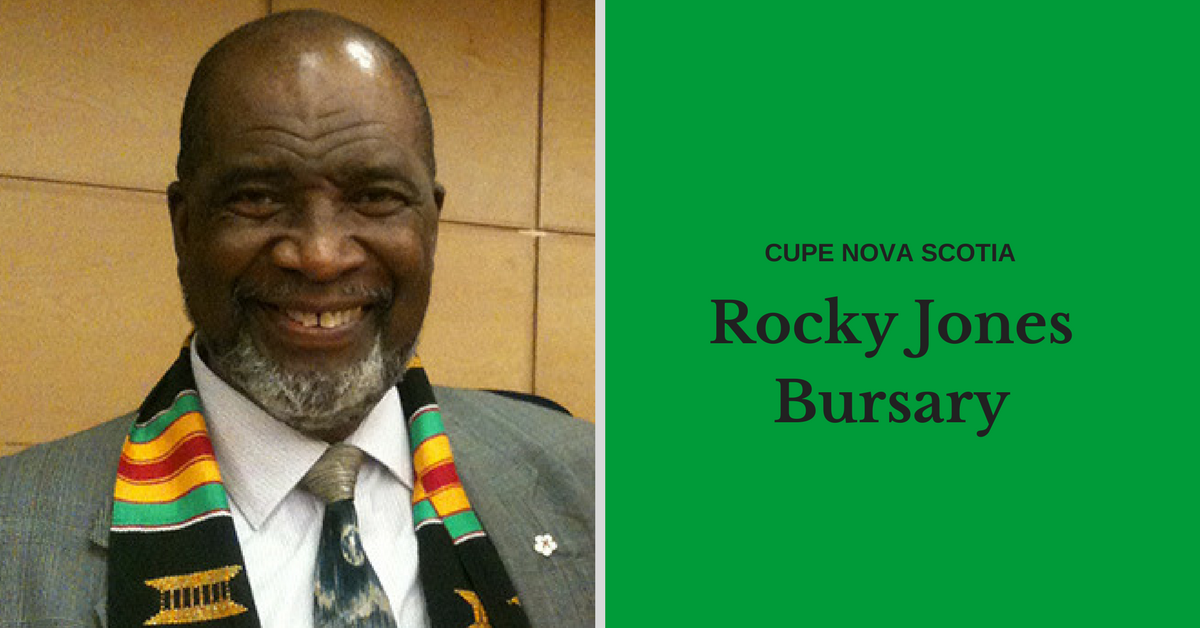Read the leaflet: Our seniors deserve better
It recently came to light that the Valley View Villa nursing home has a $1.5 million budget shortfall and, in addition to budget cuts made by the Liberal government to long-term care, we are concerned this will impact the quality of care that the 113 residents at Valley View Villa receive. In order to bring the nursing home’s finances under control, management are making cuts and changes that include reducing the resident-to-staff ratio, scheduling less staff on weekends, not replacing staff who require time off, and laying off staff who provide vital services – such as continuing care assistants (CCAs), kitchen staff, maintenance and environmental services. Workers are concerned these changes will put an additional burden on staff and directly affect quality of care, such as the types of meals provided and limited cleaning – a significant change, especially during flu season! The Nova Scotia Department of Health and Wellness … Read more…



